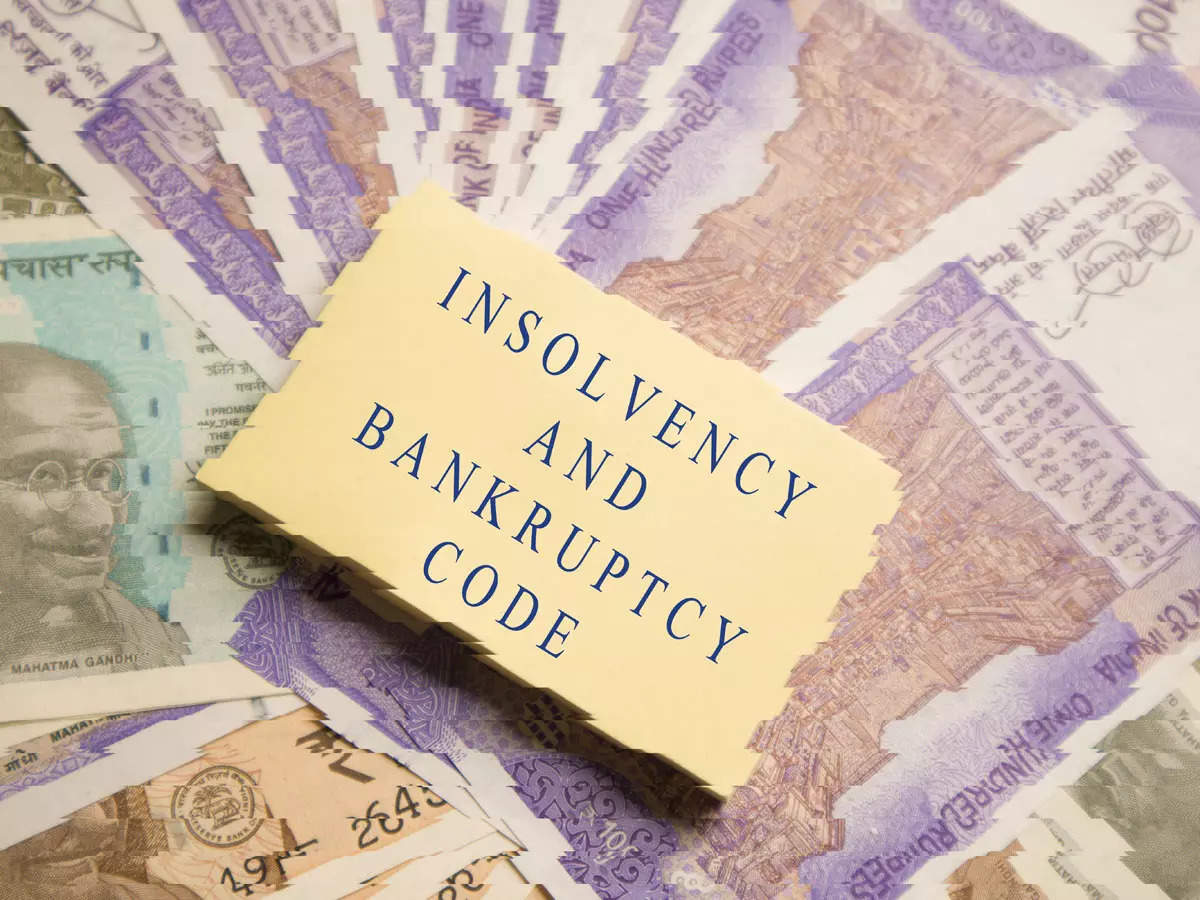
NEW DELHI: India is proposing to introduce a “voluntary” group insolvency framework under the bankruptcy law. This will facilitate a joint resolution of stressed entities of a domestic corporate group, given the interconnected nature of their operations, people aware of the development said.
The framework will be a part of Insolvency & Bankruptcy Code (IBC) amendments that the corporate affairs ministry could introduce in the winter session of Parliament, likely in December, they said.
The mechanism could empower the committees of creditors of various bankrupt companies of a group to decide if they need to join hands to speed up resolution and maximise gains or pursue the processes separately, they told ET. It will apply only to a group’s bankrupt companies and won’t extend to its solvent entities, they said.
The IBC currently does not have a group insolvency mechanism. The resolution of individual entities of a group are pursued separately by their respective creditors.
A proper group insolvency framework was necessitated after the interconnected nature of group companies delayed resolution in a few cases, such as Videocon, Era Infrastructure, Lanco, Educomp, Amtek, Adel, Jaypee and Aircel.
In the case of Videocon, the National Company Law Tribunal (NCLT) relied on practices in the US and UK and allowed the consolidation of 13 of the 15 group companies to speed up resolution.
As per the proposal being discussed, the group insolvency framework won’t be very prescriptive.
Instead, it could allow committees of creditors to deliberate and arrive at a commercially viable manner of coordination among themselves, subject to the NCLT supervision.
The government may, however, stipulate certain broad dos and don’ts.
The framework could be implemented in phases. Initially, only domestic corporate groups will come under its ambit, while multinational ones, with stressed assets overseas, will be kept out. Even financial services providers, such as banks and nonbanking financial companies, will remain out of the purview initially, the people said.
The term “group” could be defined on the basis of control and significant ownership. “The new framework will be a handy tool for financial creditors (who constitute the committee of creditors),” said one of the persons cited.
“Given the close links between various stressed entities of a group, the creditors will be able to use their commercial wisdom and see what benefits them more—going for the resolution of companies separately or collectively,” he added.
Another person said the framework is unlikely to provide for “the doctrine of substantial consolidation,” which involves the merger of a group’s assets and liabilities into a common pool for resolution.
It will focus on procedural changes to enable financial creditors across group entities to work together.
“The group insolvency concept was adopted by the NCLT in a few cases without prior legal provisions,” said Manoj Kumar, head of insolvency resolution and M&A at consultancy firm Corporate Professionals Capital.
“A proper IBC framework on group insolvency will give a much-needed option to financial creditors to consider collaboration if they think it will benefit.” A voluntary group insolvency framework will reduce the complexity of the resolution process when two or more entities of the same group are under insolvency, said Manmeet Kaur, partner at Karanjawala & Co.
It may help maximise asset value and reduce resolution costs. However, one “cannot rule out certain complexities” in this type of resolution framework as well, including “potential conflict of interest” among creditors in certain cases, she added.
The people cited earlier said while firming up the framework, the corporate affairs ministry has factored in the recommendations of two panels—a 2019 working group under former Securities and Exchange Board of India (Sebi) chairman UK Sinha and the Cross-border Rules/Regulations Committee under former senior finance ministry bureaucrat KP Krishnan.